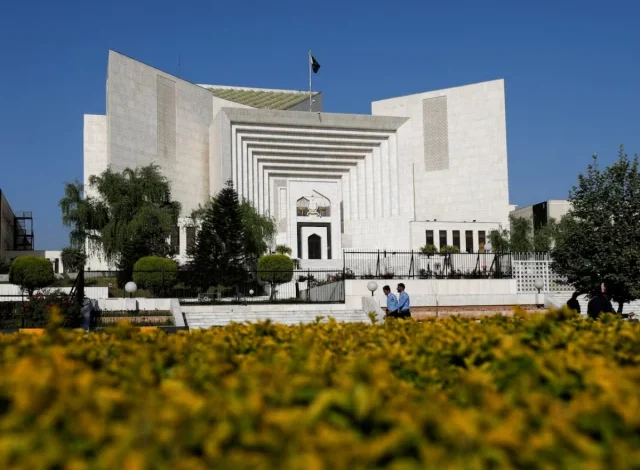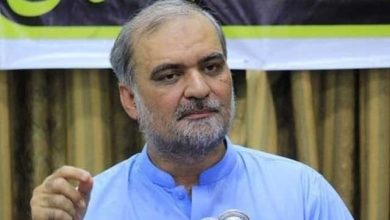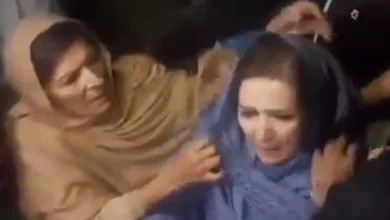FCC leaves SC judges questioning court’s own status

.
Police officers walk past the Supreme Court of Pakistan building, in Islamabad, Pakistan April 6, 2022. REUTERS
ISLAMABAD:
Some Supreme Court judges have made really interesting comments with regard to the status of the court after the 27th Constitutional Amendment which carved a separate court — the Federal Constitutional Court (FCC) — out of the apex court to decide constitutional matters, leaving cases of lesser importance to the SC.
Last week during the hearing of a promotion case, Justice Syed Mansoor Ali Shah had quipped that he would refer all difficult matters to the FCC now, while adding that “we [the SC judges] are powerless people anyway.” The courtroom had burst into laughter at his remarks.
Justice Shah and Justice Athar Minallah had later tendered their resignations in protest against the constitutional tweak.
A similar remark was heard on Tuesday during the hearing of a petition filed by a police officer against some adverse remarks made against him by a trial court due to the officer’s alleged failure to present witnesses after registering an FIR.
A division bench comprising Justice Hashim Khan Kakar and Justice Ishtiaq Ibrahim was hearing the plea of the police officer, Malik Jameel Zafar, who was SP when a Faisalabad court made adverse remarks about him.
Zafar, now a DIG headquarters, was present in the courtroom along with his counsel Shah Khawar. During the hearing, Justice Ibrahim remarked that the duty of a policeman is not just to send people to jail — he is also supposed to present witnesses before the courts.
“The trial judge himself cannot go and bring the witnesses himself,” he added.
Justice Kakar asked the counsel if the police officer, standing with him, was the DIG. When Shah Khawar replied in the affirmative, Justice Kakar urged the people to have a look at the officer.
“Look at him — he is standing here scaring us. Brother, we do not have anything left to lose anyway.” The courtroom burst into laughter at the judge’s remarks.
The Supreme Court then referred the matter to the Lahore High Court.



